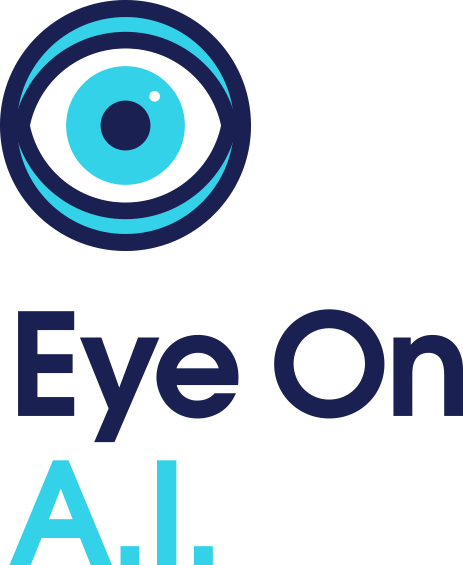Is Blockchain the Cure for What Ails AI?
Blockchain promises to be the most viable option for allowing AI systems to get the data they need while protecting the privacy of individuals whose activities generate that data.
Artificial intelligence is leading a technological revolution. But it is facing a big data barricade.
While companies and organizations pour money into the data-hungry technology, progress has stalled over privacy concerns, slowing smart-city projects and healthcare implementations across North America. In Europe, the General Data Protection Regulation has blocked much development. That has implications for investors.
One solution may come from blockchain, the other hot tech topic these days. A marriage of AI and blockchain technologies can give owners control over their data while allowing voracious AI engines to use that data anonymously. Already, some of Silicon Valley’s smartest money is backing projects that bring the two technologies together. Other investment opportunities are on their way.
“In the past, it has either been privacy or AI innovation,” said Yves-Alexandre de Montjoye, head of Imperial College London’s Computational Privacy Group. “You do not need to trade one for one or the other.”
While researchers have long assured the public that data is anonymized before being fed through algorithms, anonymized datasets can, in fact, be de-anonymized. A 2015 study showed that just a few data points – the date and place of a credit-card purchase – was enough to identify 90 percent of individuals among a million credit card users.
More recent research demonstrates that the deep neural networks at the heart of many AI systems store data in memory and can cough up social security numbers, credit card numbers and other sensitive information long after the original inputs have been removed.
“Simple anonymization doesn't work,” says Dawn Song, a professor of computer science at University of California, Berkeley and founder of Oasis Labs, which offers a solution to the problem.
Those revelations set off a scramble for solutions. MIT researchers first developed the idea of personal data storage technology that would give individuals control of their data that is collected through online activities. Their openPDS solution, now called the OPen ALgorithms (OPAL) project, allows artificial intelligence algorithms to train on data, without giving access to the raw data itself. “Researchers submit code to run against the data, and only the result is sent back to them,” according to Montjoye, who helped develop the technology.
More recently, Google’s DeepMind has been developing an auditable system to train machine learning algorithms on individual-level health data records from Britain’s National Health Service.
But blockchain, or distributed ledger technology, is the latest and most promising solution. Guy Zyskind’s San Francisco-based Enigma.co and Song’s Oasis Labs are using smart contracts on a blockchain as the secure gateway through which AI systems can access data, ensuring data owners’ anonymity.
A smart contract is a unit of code that is executed by all the nodes in a blockchain network. Once verified on the blockchain, it cannot be altered. But data on blockchains are accessible to anyone with a node. These new solutions keep the data hidden from the nodes that execute the code.
“We provide frameworks for privacy-preserving machine learning inside smart contracts," said Song. Oasis Labs just released the latest version of their platform, Oasis Devnet, which provides tools for developers to build, test and deploy smart contracts that protect data privacy while using that data.
Investors have taken note. Enigma.co has raised $45 million for its privacy protection project in two funding rounds. In July, Oasis Labs also raised $45 million in a private token pre-sale to an A-list of tech investors, led by Andreessen Horowitz’s new A16z crypto fund. Another startup, Constellation labs, which offers distributed ledger data privacy while harnessing the computing power of smartphones, raised $35 million around the same time.
It’s still early days in this effort, but blockchain promises to be the most viable option for allowing AI systems to get the data they need while protecting the privacy of individuals whose activities generate that data.
“We believe our efforts will unlock huge opportunities in machine learning and many other fields,” said Zyskind, who was the first to describe how blockchain and privacy technologies could be combined to create new ways to protect data. “We have found a way to make blockchains truly useful.”

